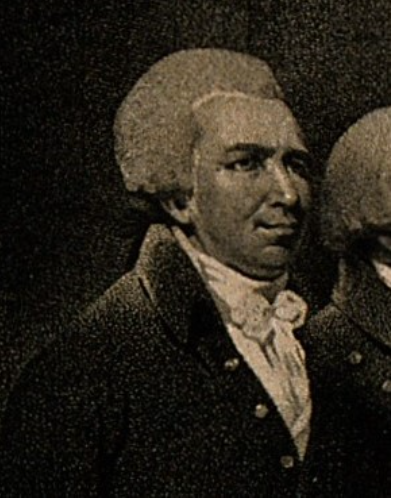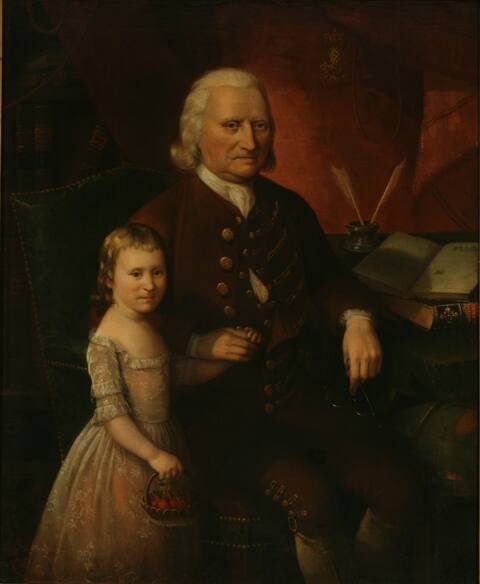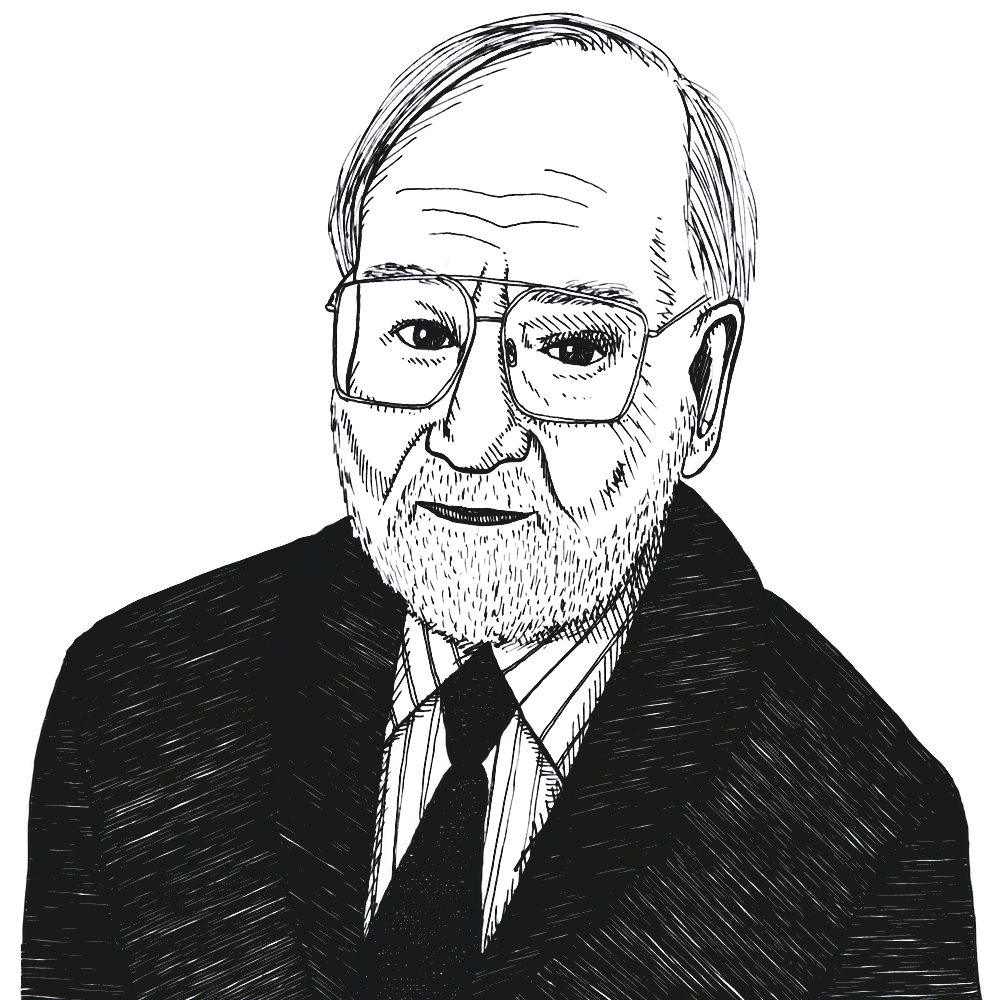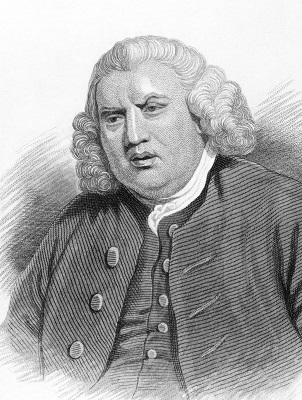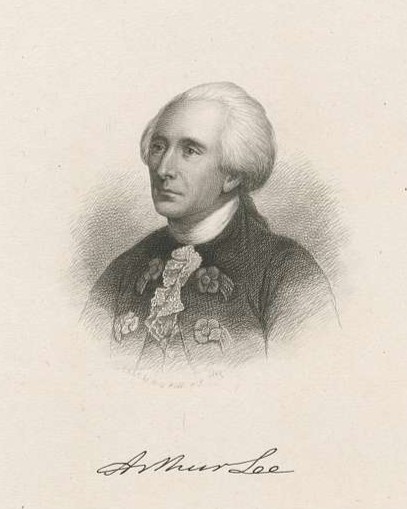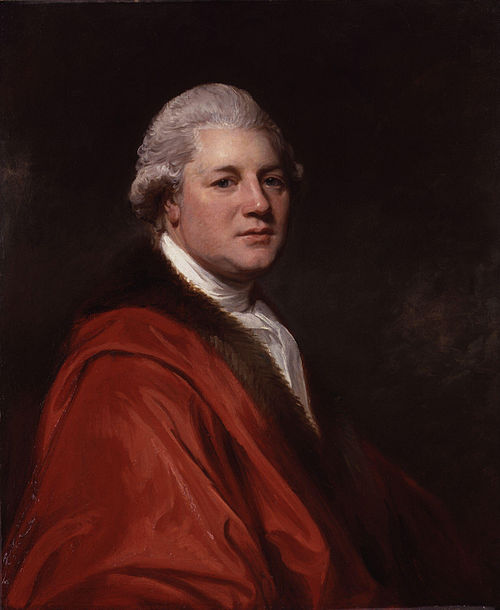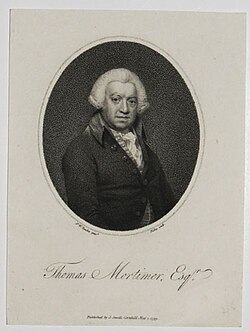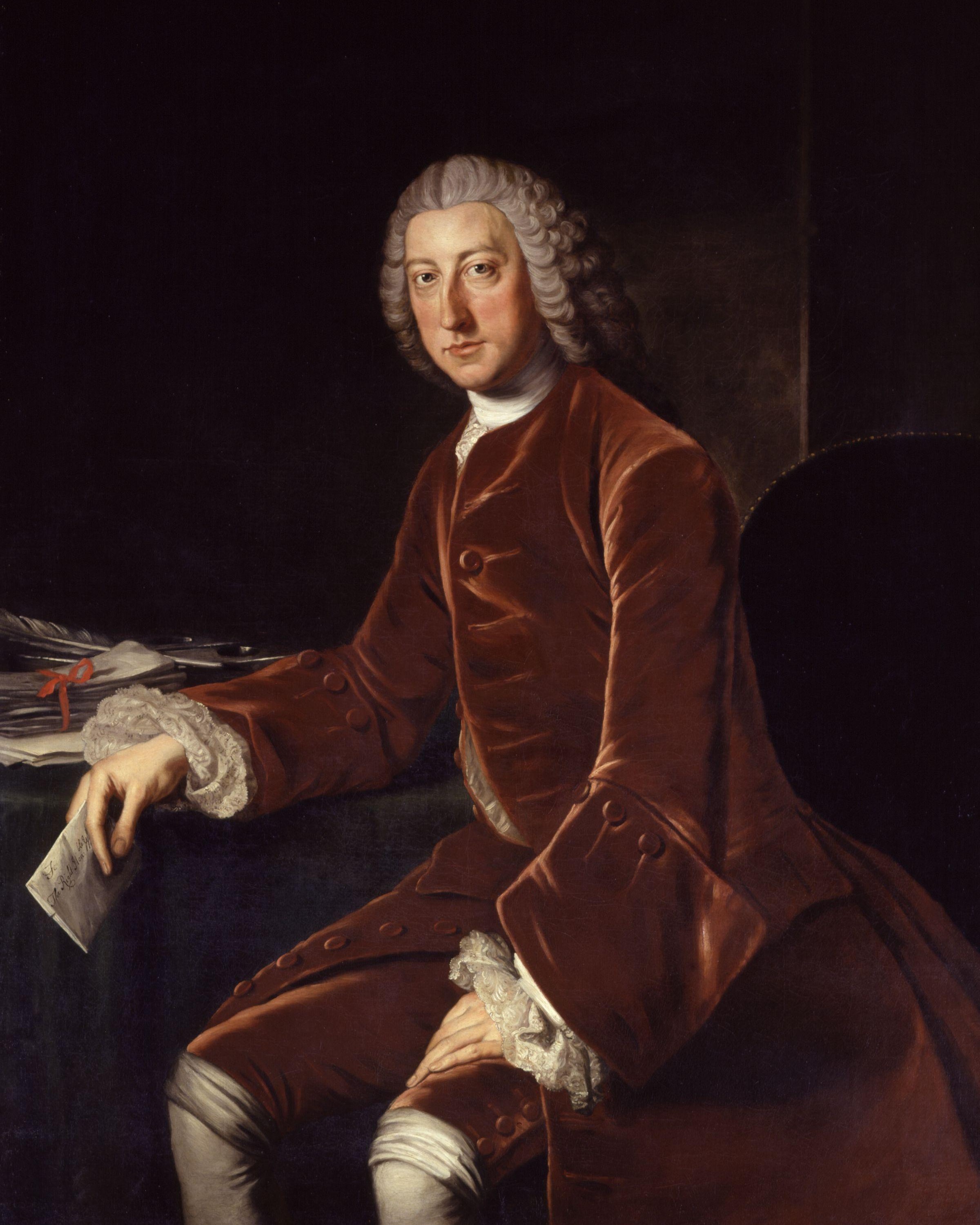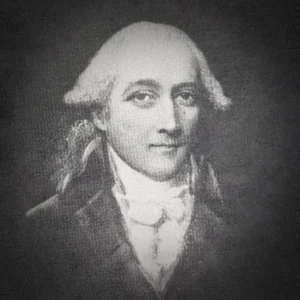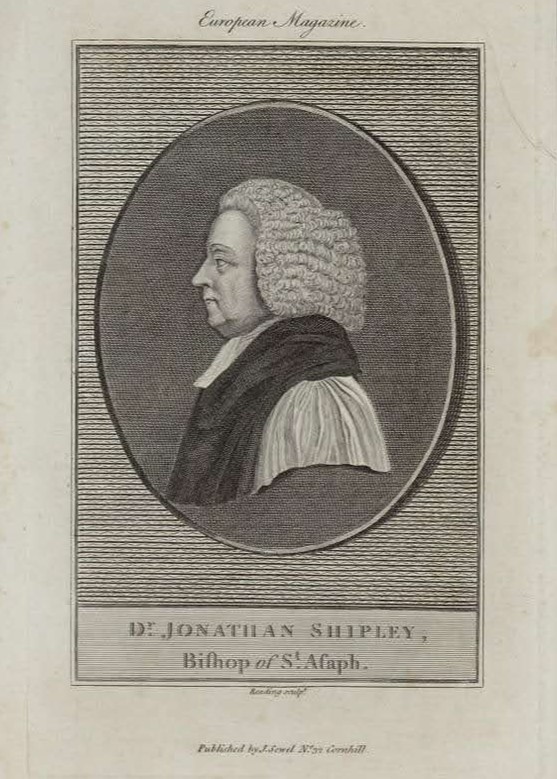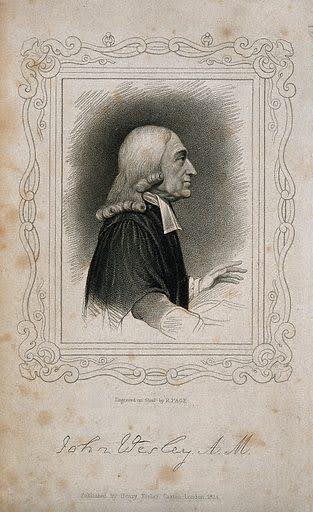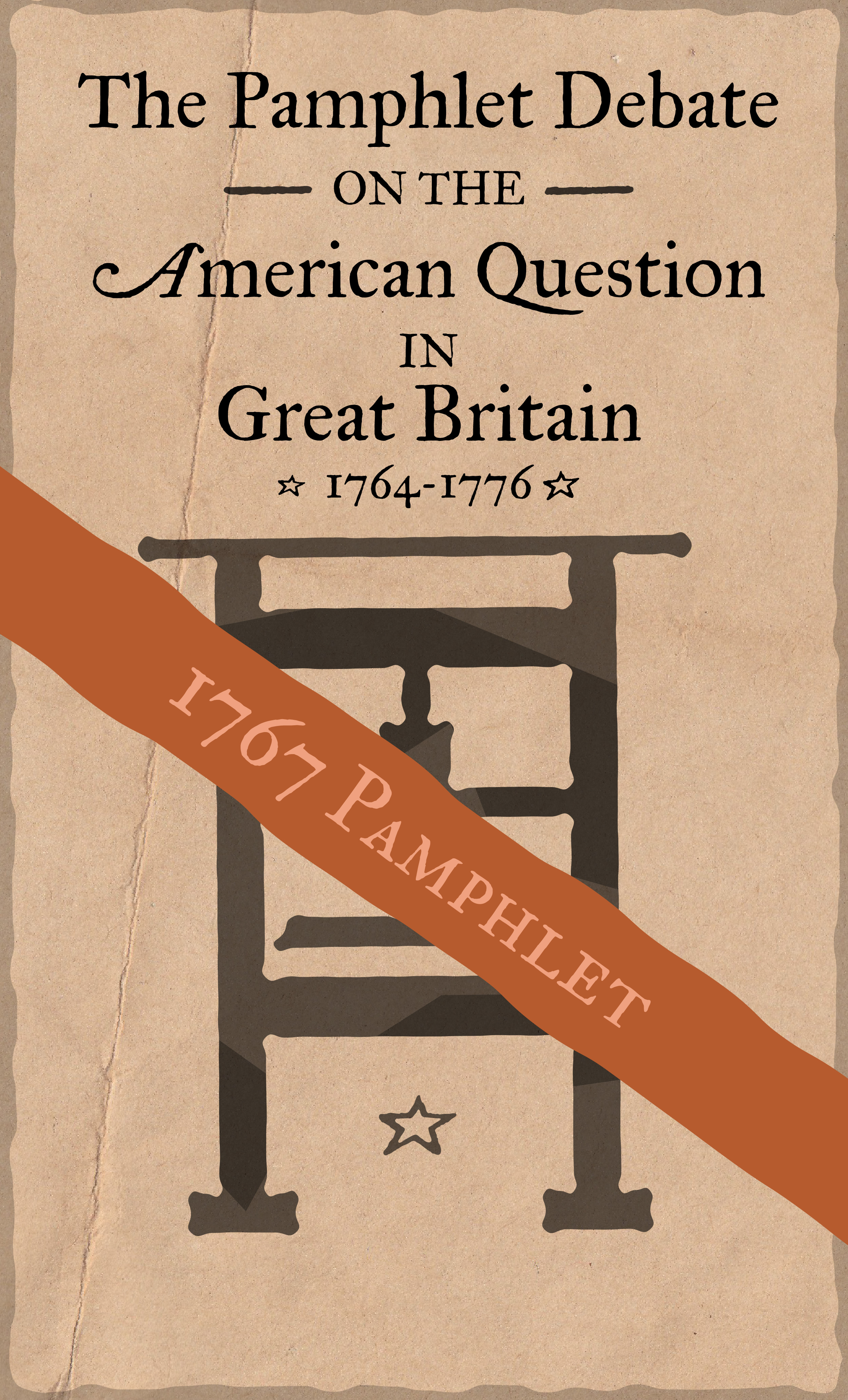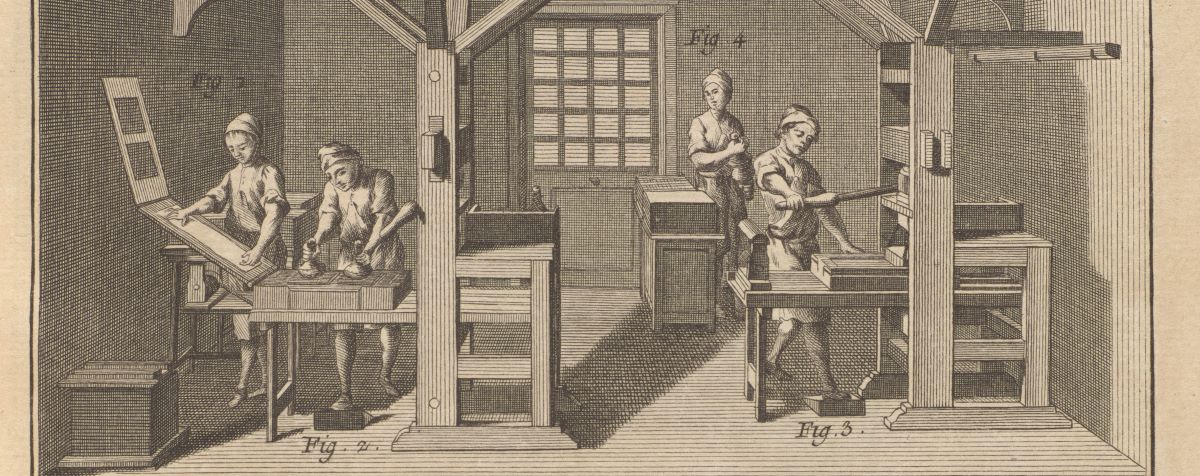The Pamphlet Debate on the American Question in Great Britain, 1764-1776
About this Collection
The Pamphlet Debate on the American Question in Great Britain, 1764-1776, selected by Jack Greene, makes available in modern digitized form a trove of eighteenth-century books and pamphlets that directly addressed what became known in metropolitan Britain as the American Question. Along with a plethora of newspaper essays, these pamphlets constituted the first, most intensive, and most sustained public examination of the foundations and distribution of constituted authority within the British Atlantic Empire. They were the most thorough and most general public discussion of the domestic constitution and governing conventions of Great Britain since the Glorious Revolution and probably since the Leveller debates during the English Civil War. This is an exceptionally rich literature that will repay careful study. It has obvious relevance for enhancing historical understanding of the eight-year war and revolution that led to the withdrawal of a substantial portion of its transatlantic empire from the jurisdiction of Great Britain and the appearance of a new national entity on the world stage. By providing a window into competing conceptions of liberty and constitutional governance within the late eighteenth-century Anglophone world, it is also worth attention in its own right.
Key People
Titles & Essays
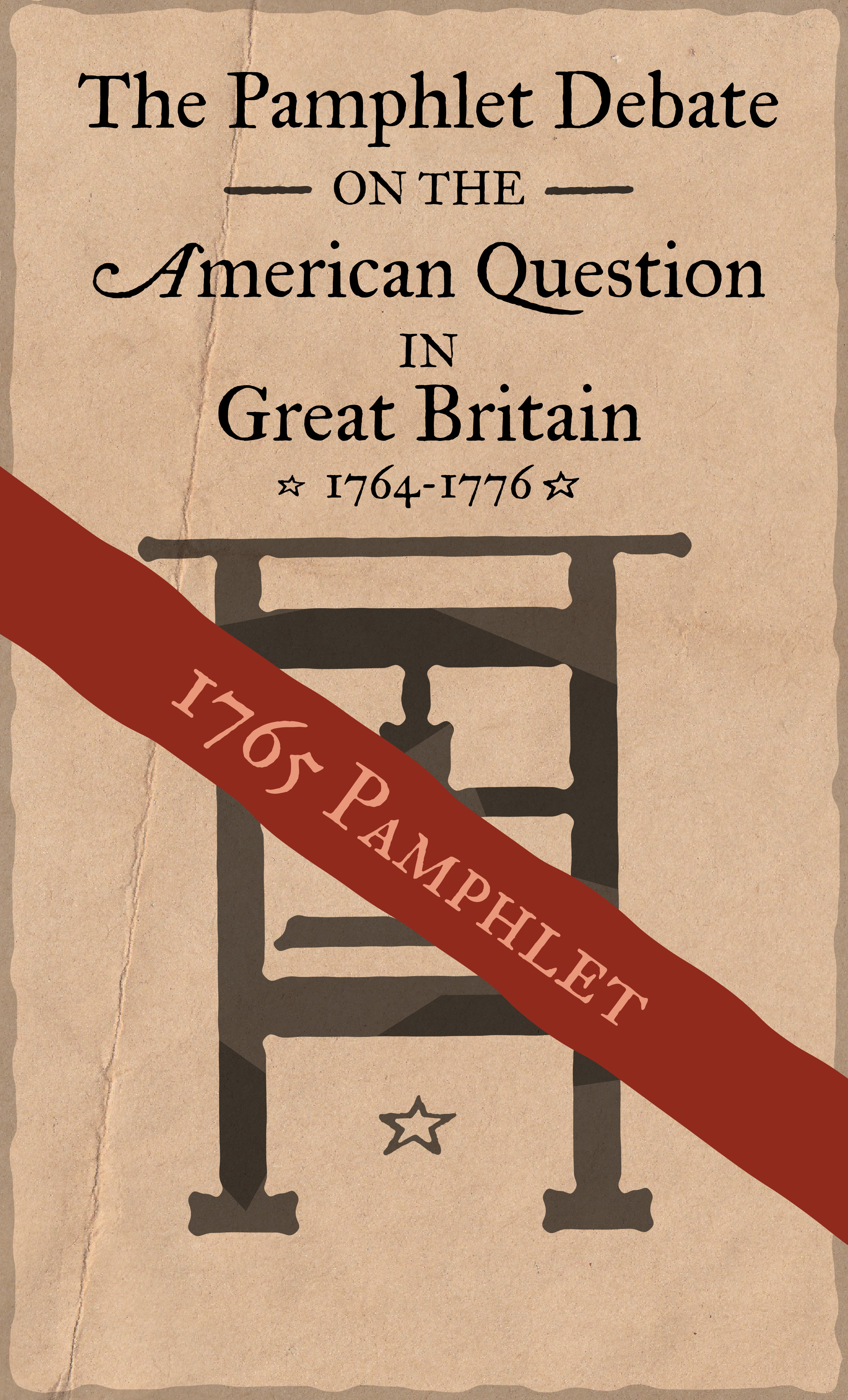
Anonymous Pamphleteer 1765 (author)
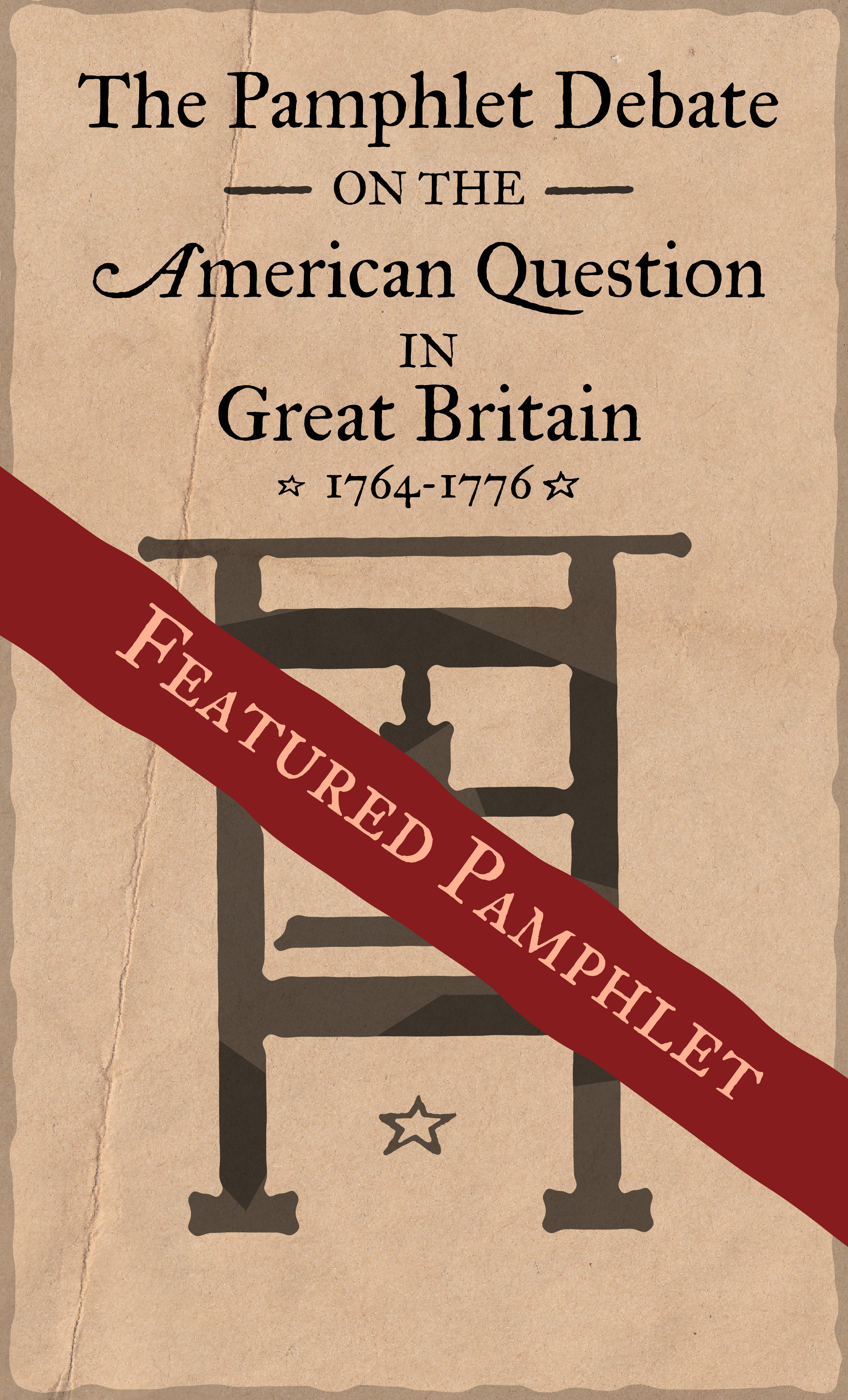
Anonymous Pamphleteer 1766 (author)
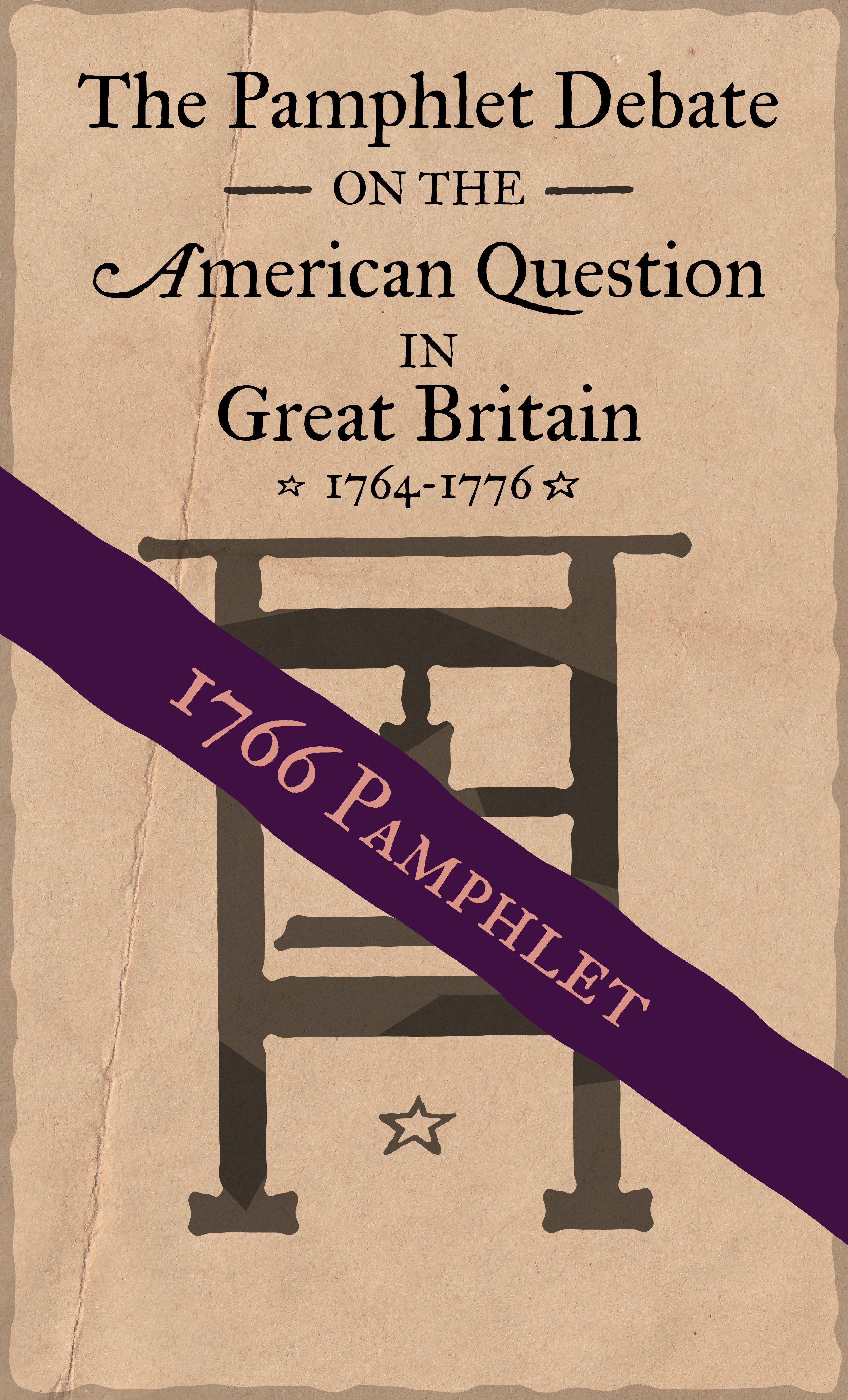
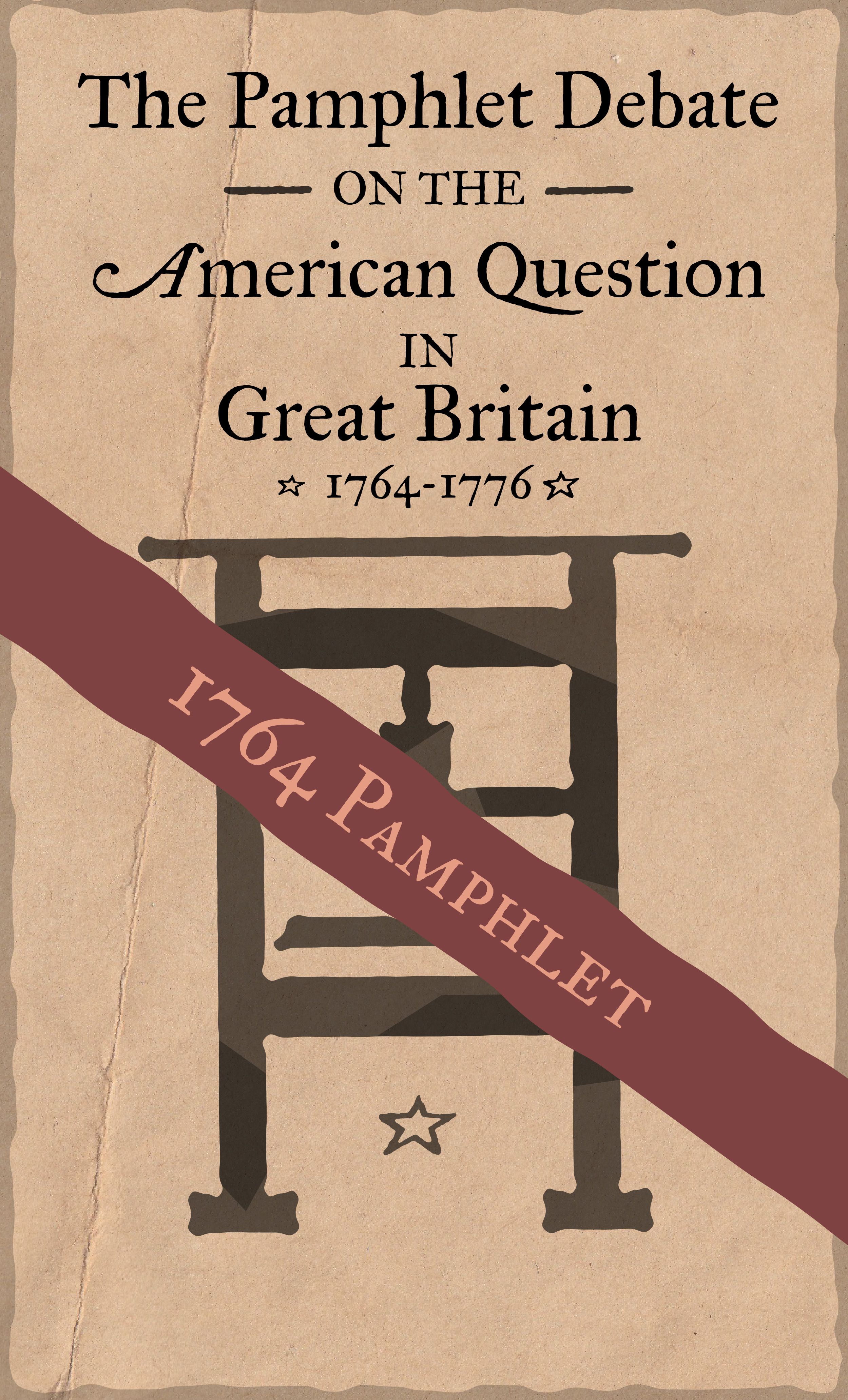
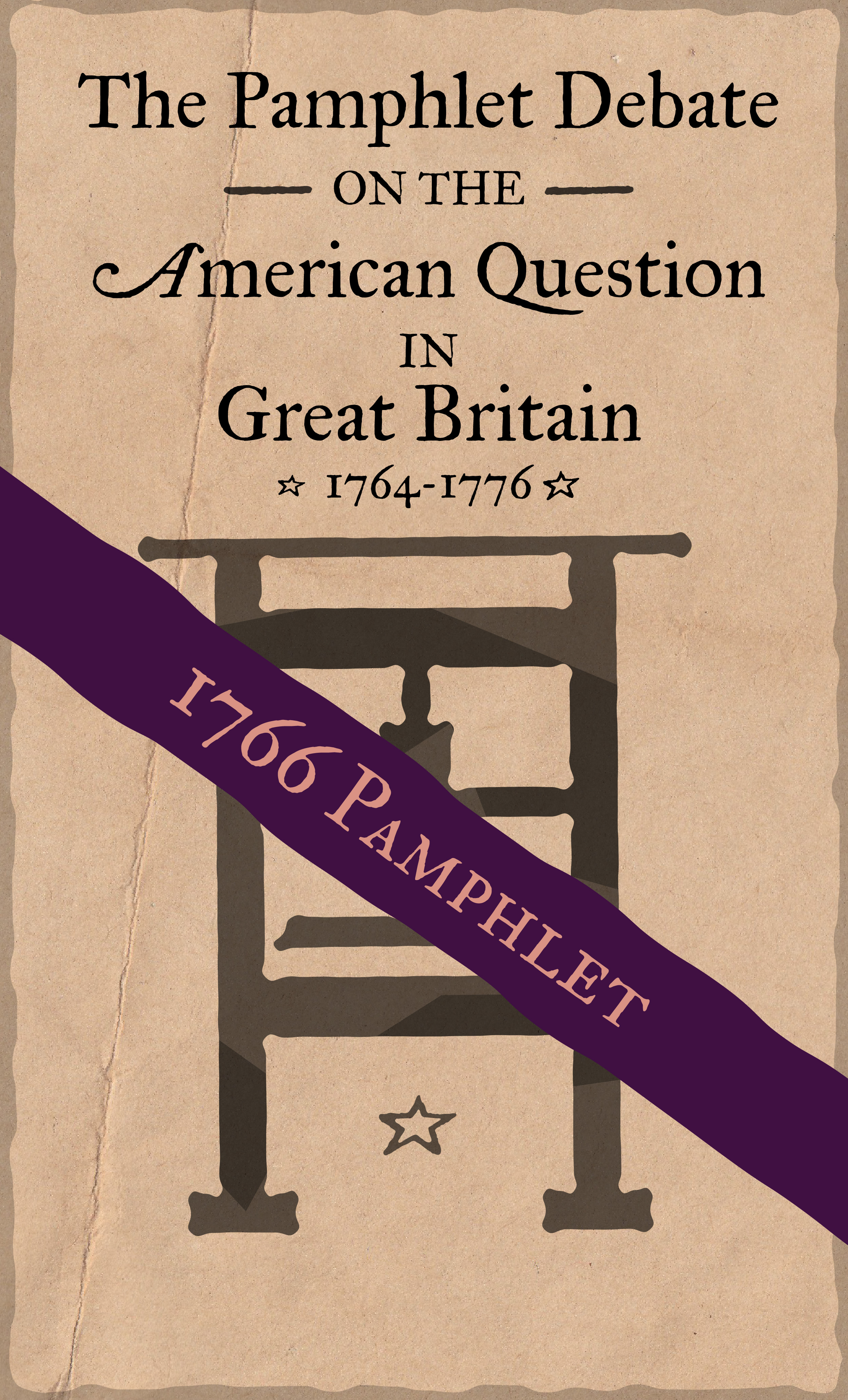
Anonymous Pamphleteer 1766 (author)



Anonymous Pamphleteer 1766 (author)


Anonymous Pamphleteer 1768 (author)

Anonymous Pamphleteer 1766 (author)

Mathew Robinson-Morris (author)

A Country Gentleman (author)


Anonymous Pamphleteer 1766 (author)

Anonymous Pamphleteer 1768 (author)

Anonymous Pamphleteer 1766 (author)


Anonymous Pamphleteer 1766 (author)

Anonymous Pamphleteer 1766 (author)

Anonymous Pamphleteer 1766 (author)



Anonymous Pamphleteer 1769 (author)

Anonymous Pamphleteer 1774 (author)


Anonymous Pamphleteer 1768 (author)

Anonymous Pamphleteer 1775 (author)

Anonymous Pamphleteer 1766 (author)

Anonymous Pamphleteer 1766 (author)


Anonymous Pamphleteer 1775 (author)

Anonymous Pamphleteer 1765 (author)


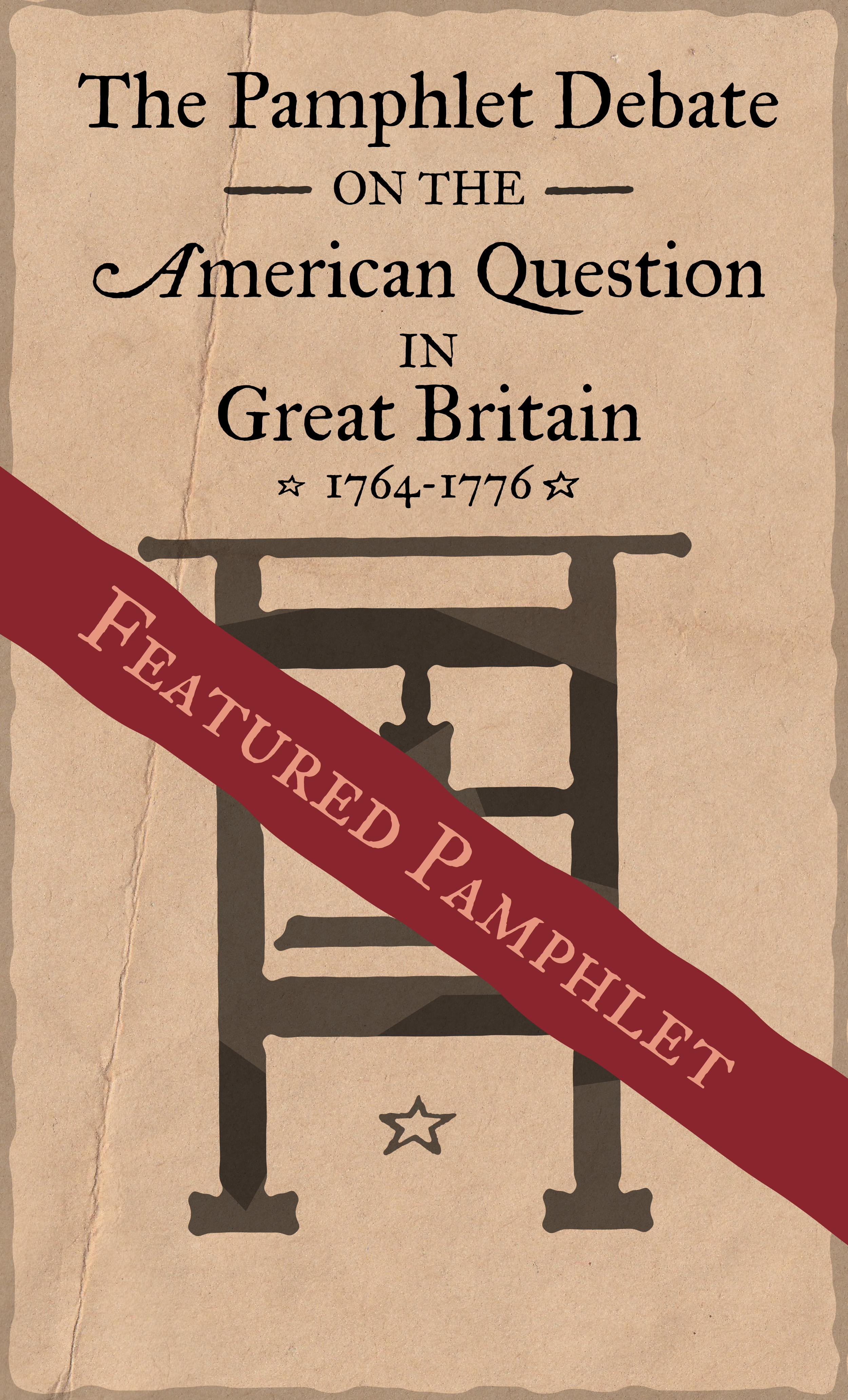
William Knox (author)

Anonymous Pamphleteer 1776 (author)


Edward Bancroft (author)

Anonymous Pamphleteer 1775 (author)


Jonathan Shipley (author)


Gentleman in town (author)


Anonymous Pamphleteer 1765 (author)

Edmund Burke (author)

Samuel Johnson (author)

Anonymous Pamphleteer 1775 (author)


Gentleman at the bar (author)


A merchant of London (author)

Anonymous Pamphleteer 1775 (author)



Anonymous Pamphleteer 1766 (author)






